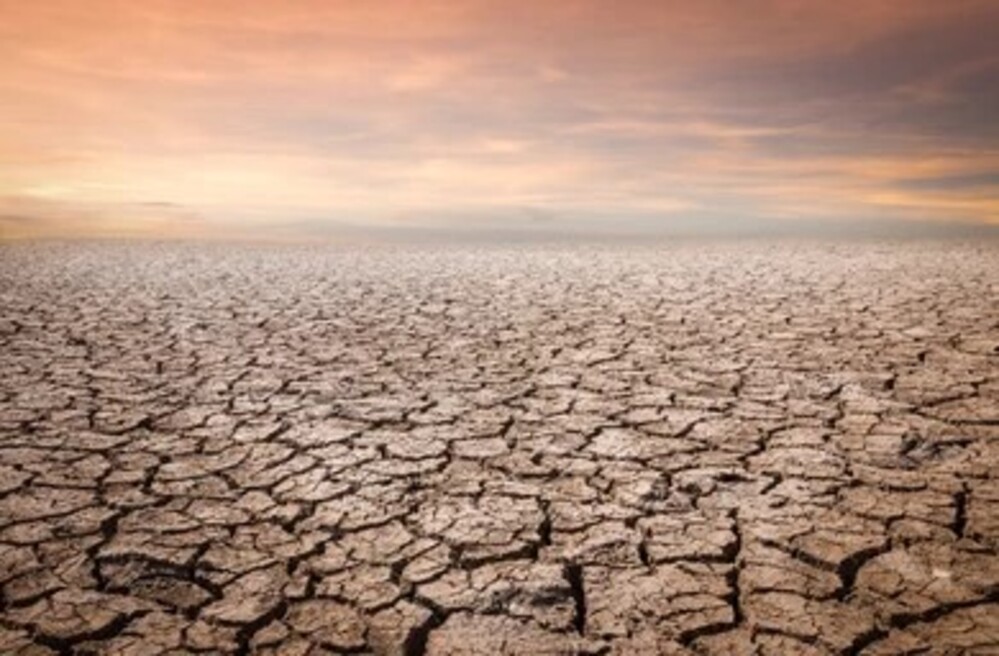Water is an essential resource for life, but its scarcity is posing a significant threat to the survival of the planet. The United Nations, recognizing the gravity of the situation, held its first meeting on the water in almost 50 years.
The week-long conference, held in New York, aimed to generate political momentum and promote awareness of the water crisis.
Global water crisis: Why is it a cause for concern?
Water scarcity is not a new problem, but it is becoming increasingly acute. According to the World Health Organization, over 2 billion people worldwide cannot access clean drinking water.
This shortage not only affects human health but also has severe consequences for agriculture, energy production, and industrial activities. Moreover, the situation is expected to worsen due to population growth, climate change, and increasing water consumption.
UN water meeting: An overview
The UN conference on water brought together over 700 groups, including state and local governments, non-profit organizations, and companies.
Participants submitted proposals related to water conservation, restoration, and management. The meeting aimed to review these plans and create a roadmap for future action.
Plans and commitments to tackle water stress
The proposals submitted during the conference were diverse and promising. They included investing in climate-smart agriculture, wetland restoration, and mapping water systems.
However, the lack of a binding agreement or framework to manage water globally remains a significant challenge. The absence of a clear plan for another conference and the low turnout of heads of state also raised concerns about the political will to address the crisis.
Nonetheless, some positive commitments were made during the meeting. French waste and management company Veolia pledged to invest $1.7 billion in water and sanitation infrastructure over the next five years.
Additionally, global investor group Ceres added 25 members to its campaign to encourage companies to address financial risks linked to water and protect resources.
Shortcomings and challenges ahead
Despite these commitments, there are still significant shortcomings that need to be addressed. One of the main challenges is fragmented water governance, with no global agreement or unified approach.
The lack of adequate finance, science, and data to manage water effectively is also a significant obstacle. Furthermore, many voluntary commitments did not specify the amount of funding available, highlighting the need for greater transparency and accountability.
The role of non-governmental organizations
Non-governmental organizations (NGOs) have a crucial role to play in addressing the water crisis. NGOs can raise awareness, provide resources and expertise, and hold governments and companies accountable.
The CDP, a non-profit environmental reporting group, criticized the low turnout of heads of state and the lack of a clear plan for another conference. Cate Lamb, CDP’s global director for water security, stated that this sends a signal to businesses, cities, and investors that they are on their own in addressing the water crisis.
Water scarcity is a critical issue
The UN conference on water brought attention to the critical issue of water scarcity. It generated commitments to address the crisis. However, the absence of a binding agreement and the lack of transparency and accountability in funding commitments are significant challenges that need to be addressed.
NGOs and other stakeholders have an essential role to play in promoting awareness, holding governments and companies accountable, and advocating for global action on water management.

